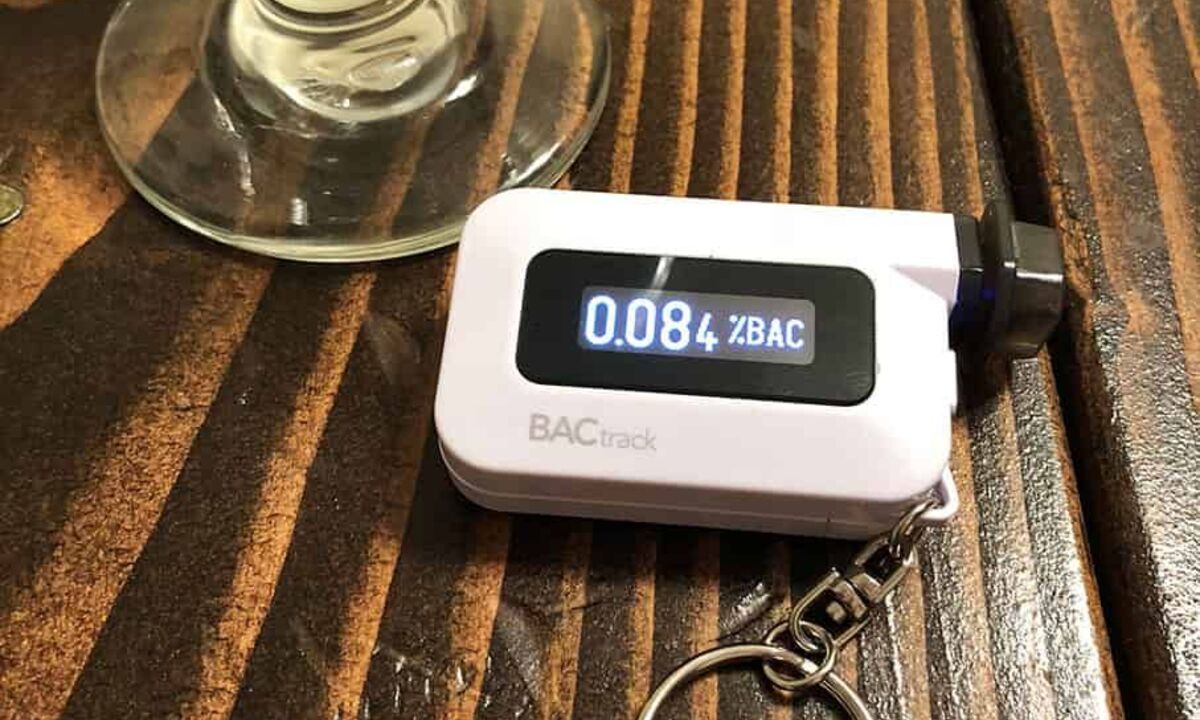News
Worker Wrongfully Fired Despite Negative Alcohol Test

The Johannesburg Labour Court recently examined the issue of using breathalyser tests versus blood tests to determine alcohol levels following the wrongfull termination of a mine worker despite his negative blood test showing no traces of alcohol.
Rickus Willemse, an employee of Samancor Chrome trading as Western Chrome Mines for 19 years, was abruptly terminated as reported by Namibian . The arbitration process directed the mine to reinstate him, but he was dissatisfied with this ruling. The mine sought intervention from the labour court.
The key contention was the mine’s zero-tolerance policy regarding alcohol and drug use during work hours. The policy deems any individual with a breath alcohol level exceeding 0.000% unfit to enter the premises.
Willemse arrived at work and was subjected to a breathalyser test using an Alcoblow Rapid machine, which displayed a green light indicating a negative result. Subsequently, he was tested on the Lion Alcometer 500, revealing an alcohol content of 0.013%.
Also Read: N1 Partial Closure for Power Line Installation by Sanral This Weekend
This marked the beginning of Willemse’s legal battle. The company’s policy deems anyone testing positive for alcohol or drugs guilty of gross misconduct, leading to termination. However, Willemse vehemently denied consuming any intoxicating substances.
In March 2019, he was dismissed on grounds of testing positive for alcohol. During the arbitration hearing, a security officer testified that Willemse had been asked to take a breathalyser test using the Alcoblow Rapid machine upon his arrival. The initial test produced a positive result, which Willemse contested. The security officer then conducted a second test with the same outcome. Willemse maintained that he had not consumed alcohol on the day or the previous evening. Another breathalyser test, the Lion Alcometer 500, was administered, resulting in a positive reading of 0.013%.
A chemical pathologist testified that a blood sample taken from Willemse was sent to Ampath Laboratory for alcohol testing. The laboratory report confirmed the absence of alcohol in his blood.
The pathologist emphasised the superior accuracy of blood tests compared to breathalyser tests, highlighting the potential for false positive results with breathalyser devices under certain circumstances. Factors such as prolonged fasting or the consumption of yeast-containing substances can contribute to false positives.
Willemse testified that he was well aware of the mine’s zero-tolerance policy and vehemently denied consuming alcohol on the relevant day or the preceding evening.
In ordering the mine to reinstate Willemse, the arbitrator considered the pathologist’s evidence that breathalyser tests might yield false positives and that blood tests conducted in laboratory conditions provide more reliable results.
The arbitrator concluded that the employee had not breached the company’s rule, as the laboratory results, supported by expert testimony, confirmed the absence of alcohol in Willemse’s blood.
The mine, however, persisted in challenging the arbitrator’s findings, seeking a review from the labour court. Judge Andre van Niekerk dismissed the mine’s application, affirming the correctness of the arbitrator’s conclusions.
Also Read:
Follow us on Google News
Photo: Twitter / @Ben Brausen






















